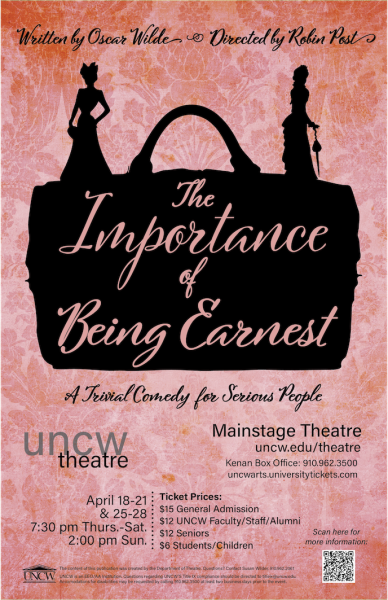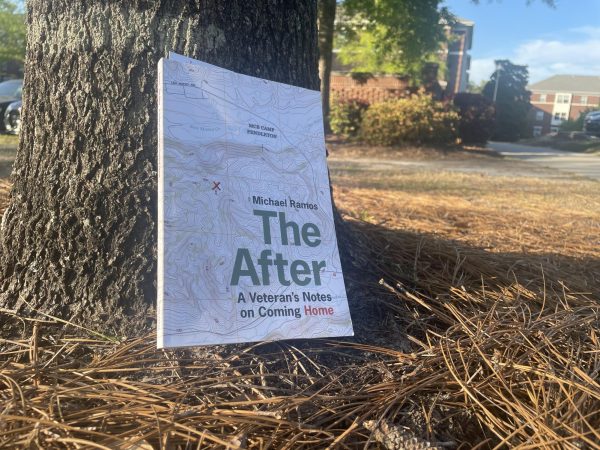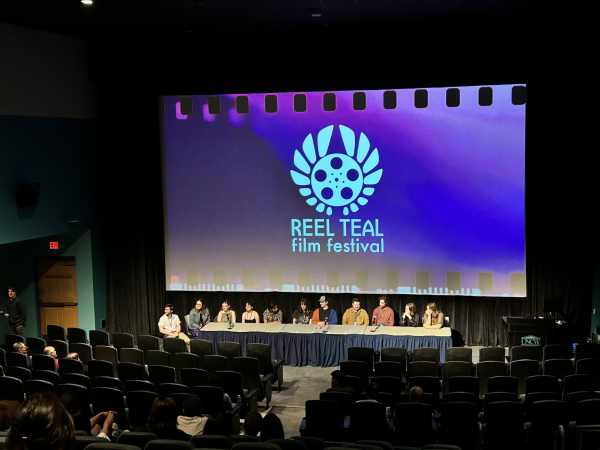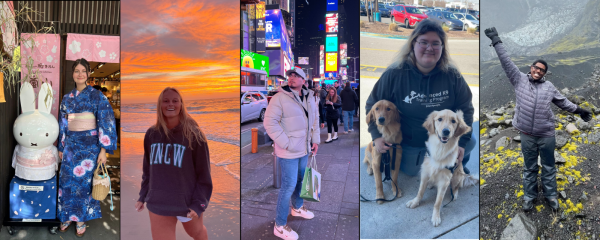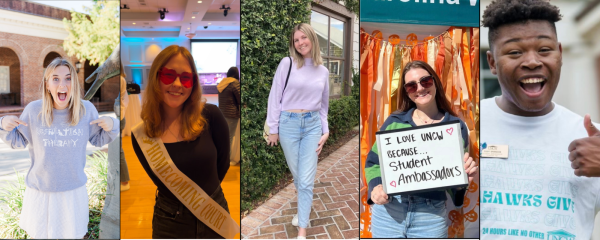Scholar to speak on Nazi treatment of LGBT community
November 9, 2011
Author and professor of Jewish studies at the University of Colarado Dr. David Shneer will be presenting “Memorials to the Nazi Persecution of Homosexuals: Who and What is being Remembered?” an event sponsored by the LGBTQIA resource office.
This presentation comes a day after Shneer will have presented “Through Soviet Jewish Eyes: Photography, War, and the Holocaust.”
Shneer’s presentation on the treatment of the LGBT community during the Holocaust will focus on talking about how gay men and lesbians were persecuted and what is being done to memorialize this moment in history.
“The talk will give a brief history of the treatment of gay men and lesbians in Germany before, during, and after Nazi rule. Then, we will focus on how this historical moment has been memorialized in places where persecution took place, like at concentration camps, and also in communities around the world,” said Shneer.
During the Holocaust, between 5,000 and 15,000 gay men were killed by the Nazis because they were gay, according to the LGBTQIA’s website. Other Nazi laws allowed gay men and some lesbians to be killed.
“Gay men and lesbians were treated differently according to Nazi law. Gay men, or even those perceived to be gay, could be prosecuted under Paragraph 175, while lesbians were generally not arrested for their sexual identity but for being asocial,” said Shneer.
According to the United States Holocaust Memorial Museum website, Paragraph 175 states that a man would be punished by imprisonment for engaging in any kind of sexual activity with another man.
Program advisor for the LGBTQIA office Amy Schlag said that this topic has been one of interest for her for some time. According to Schlag, there is a paradigm shift when you add the persecution of gay men to the equation in regard to the Holocaust.
“During this time period, and today, a great number of people are uncomfortable with LGBT people. This discomfort played into the treatment gay men faced during and after the Holocaust,” said Schlag.
According to Schlag, “homosexual concentration camp prisoners were not acknowledged as victims of Nazi persecution,” after the Holocaust.
Shneer will also speak about the memorials around the world in honor of the lives that were lost.
“For the lesbian, gay, bisexual and transgender community, memorialization of this historical event is an important statement to make about collective identity and political power in the present. These memorials also remind any visitor that the Nazi’s racial state affected all people, not just Jews, and that if we start to see the wide variety of people persecuted in Nazi Germany, any person can find community with those persecuted,” said Shneer.
Schlag and Shneer both said that this presentation could benefit today’s society.
“It is somewhat of a cliché, but when we fail to learn history, we are certainly doomed to repeat it,” said Schlag. “Currently, there are rabid anti-gay forces working around the world.”
For example, Schlag spoke of the death of David Kato in Uganda, who was killed for being gay. Uganda has a law that has made homosexuality punishable by death.
“I think this talk will inspire students to think about how history is alive in the present, how what we study in the classroom plays out every day in our lives.” said Shneer.
“Memorials to the Nazi Persecution of Homosexuals: Who and What is being Remembered?” will be held Nov. 14 at 4 p.m. in the Wrightsville Beach Room in the Fisher Student Center.
“I don’t believe that knowledge alone makes us better people. I believe that it is what we do with knowledge that has the potential to make us more informed, engaged, global citizens of the world,” said Shneer.














